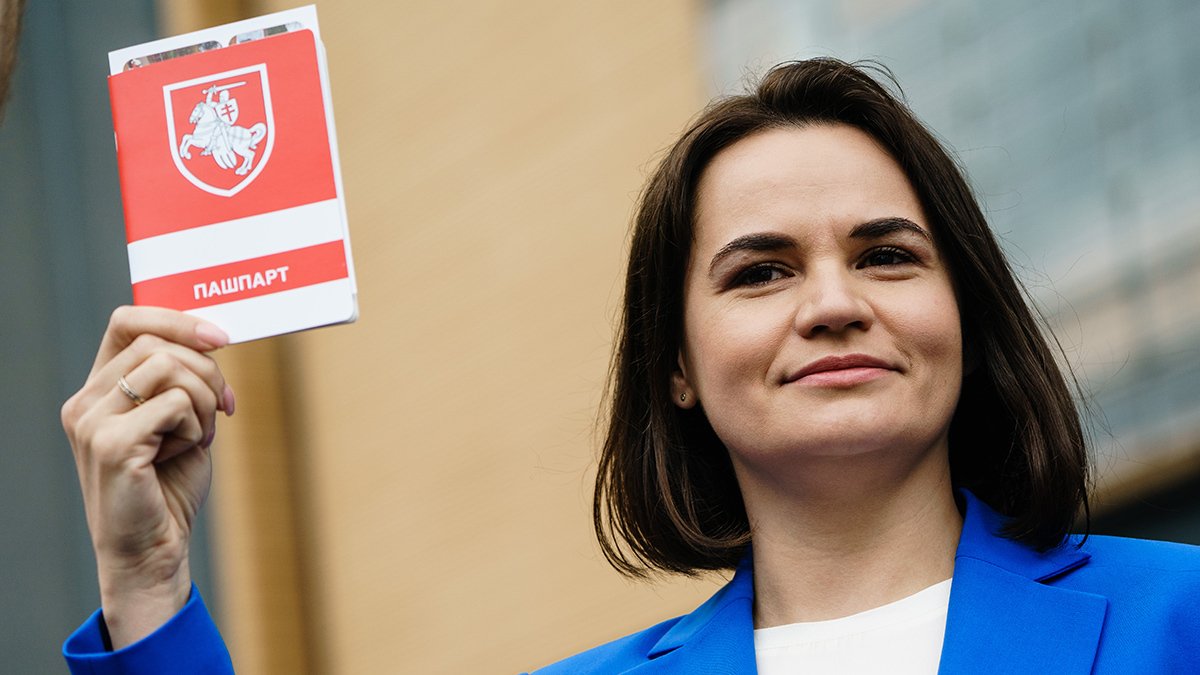New Belarus Passport: Strengthening Diaspora Connections
 The situation got worse
The situation got worse

Tsikhanouskaya’s Cabinet is actively working to gain broader international recognition for the “New Belarus” passport, a project highly endorsed by opponents of the current regime. If successfully implemented, this initiative would not only solidify Tsikhanouskaya’s leadership within the democratic movement but also bolster international credibility and unite support among advocates for change, both within and outside the country.
The United Transitional Cabinet is striving to unite emigrants and diaspora communities around the “New Belarus Passport” project, anticipating an estimated 200,000 to 500,000 emigrants to apply for this document. As of the end of 2023, UTC representative Valer Kavaleuski announced the expectation of the first New Belarus passports being issued by March 2024.
Democratic forces’ primary goal is to establish trust and partnerships with Western capitals, creating favorable conditions for the successful execution of the project. The initial plan involves issuing passports to individuals who have already undergone legalization and verification in their respective countries of residence.
In response, the regime is showing signs of nervousness towards Democratic forces’ popular initiative. Authorities are attempting to undermine the project by creating fake pages and collecting personal information from passport applicants. There are indications that security forces are preparing a new campaign to discredit the initiative, potentially involving the persecution of its proponents.
In certain countries like Georgia, Ukraine, Serbia, and Montenegro, political migrants encounter challenges related to legalization and obtaining residence permits. This aligns logically with the United Transitional Cabinet’s campaign and support for the passport initiative. Diaspora groups from these countries are eager to contribute to promoting the project internationally and within their respective nations.
The escalating repressions within Belarus provide democratic forces with the opportunity to mobilize European partners, garnering increased attention for the passport initiative. A joint statement by Juozas Alekas, the head of the delegation for relations with Belarus, and Petras Auštravičius, the permanent rapporteur of the European Parliament for Belarus, emphasizes the urgent call to Belarusian authorities to cease repression, persecution, arbitrary detentions, and to unconditionally release political prisoners and their families.
In conclusion, the New Belarus Passport is poised to enhance Tsikhanouskaya’s Cabinet’s standing and galvanize support among opponents of the regime, contributing to the consolidation of democratic forces.
Subscribe to our newsletter




Situation in Belarus
Constitutional referendum: main consequences


 Video
Video
How to count the political prisoners: are the new criteria needed?


 Video
Video
Paternalism In Decline, Belarusian Euroscepticism, And The Influence Of Russia


 Video
Video












